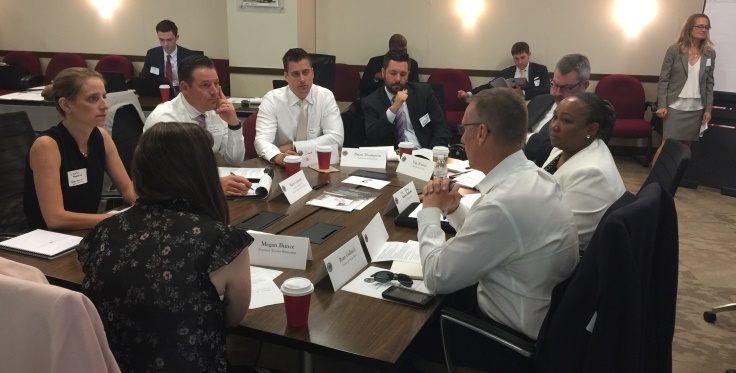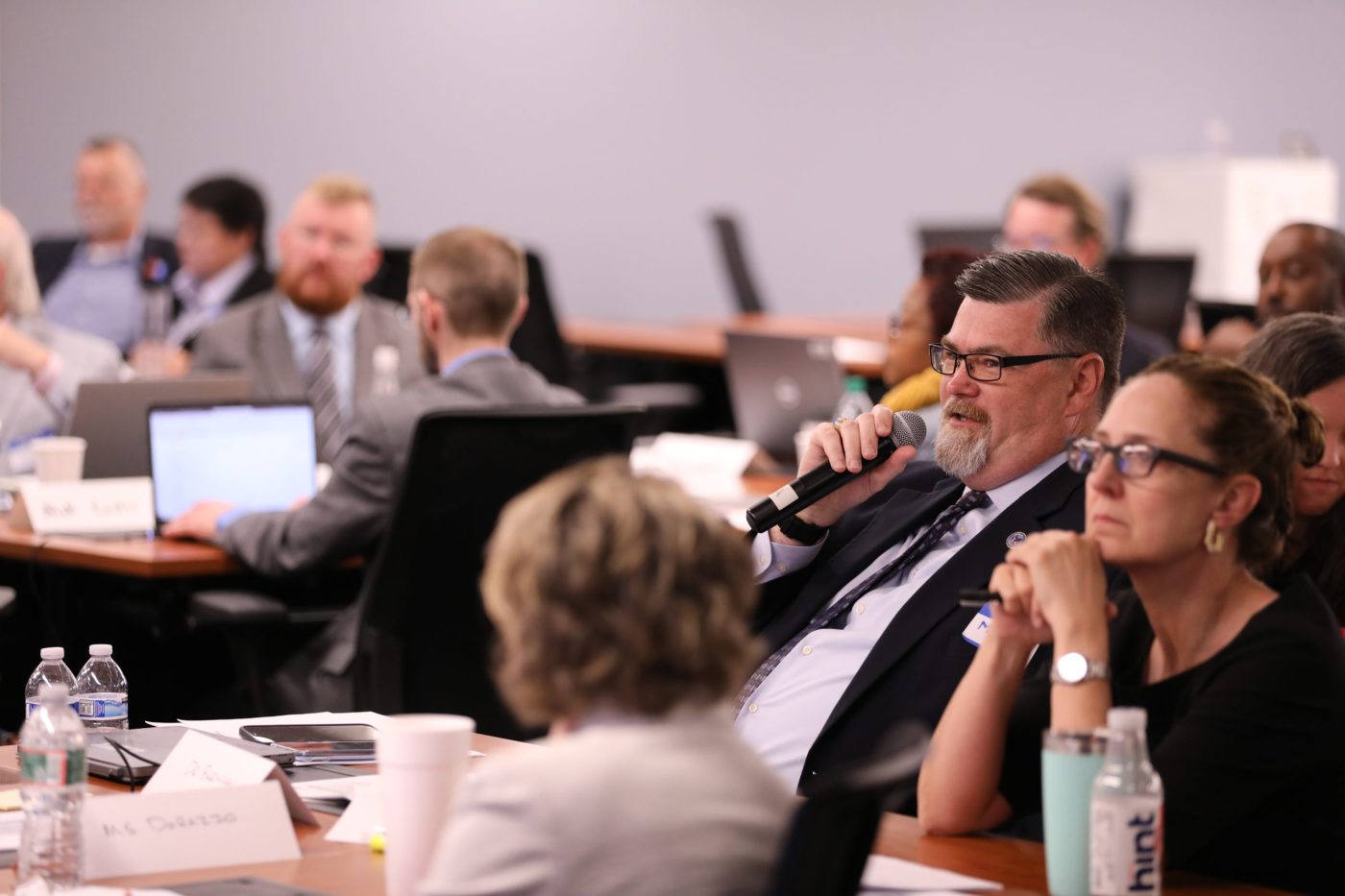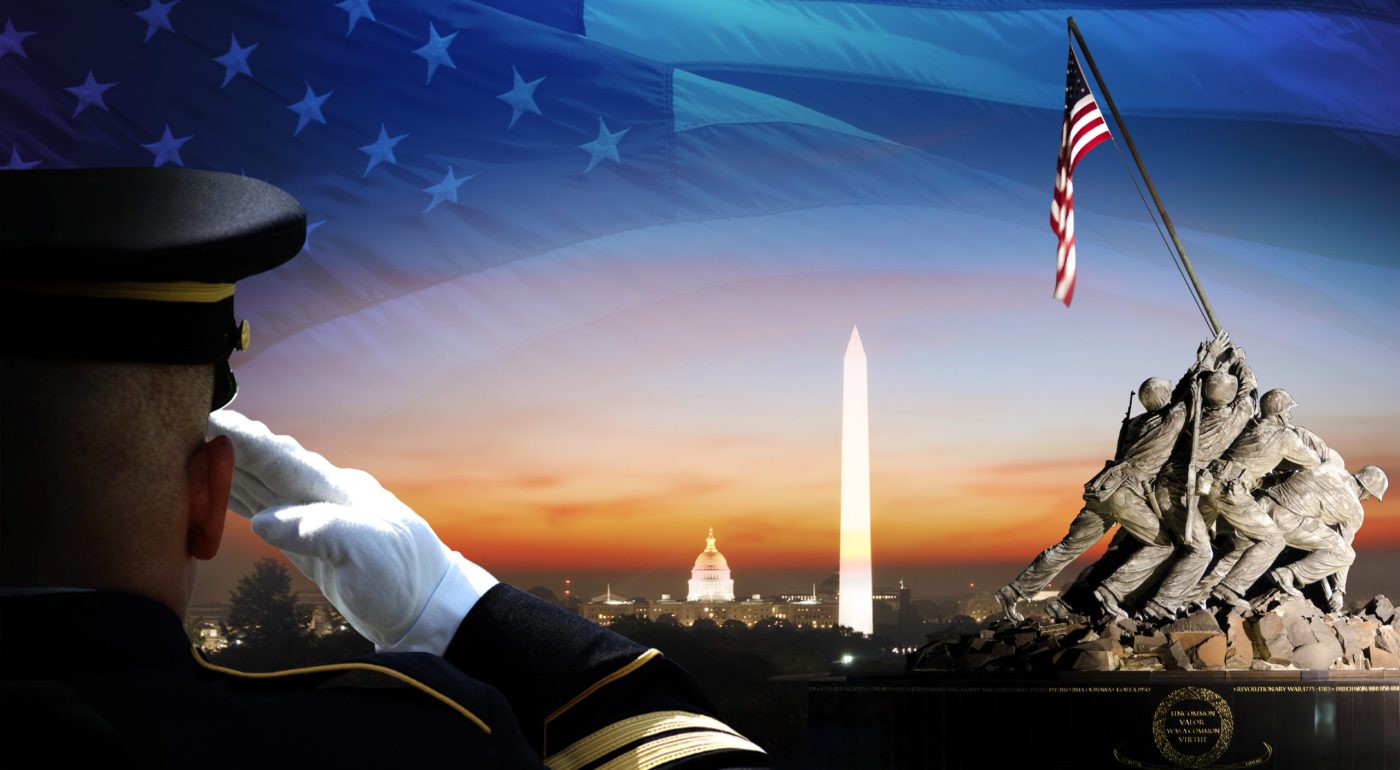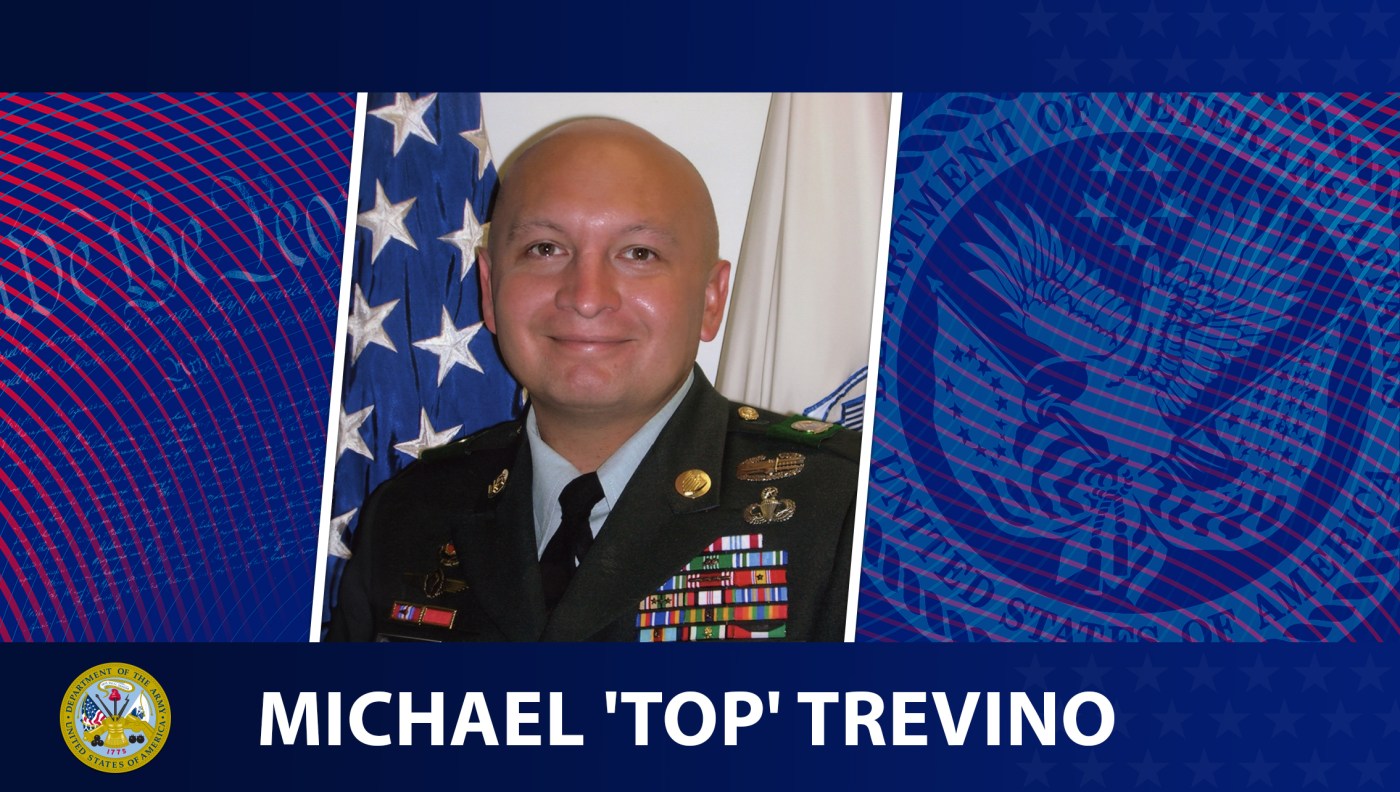VA leaders and others from federal agencies, the Department of Defense, Veterans service organizations and nonprofit organizations met recently to discuss military to civilian transition and how to better serve those preparing to return to civilian life.
“We’ve assembled leading thinkers to focus our efforts to ensure service members are equipped with the information they need before they begin the transition process,” said interim deputy secretary Scott Blackburn, stressing that VA simply cannot do this alone.
The meeting focused on establishing a common understanding of transitioning to civilian life and the collaborative actions the community could take to improve the experience for service members and their families.
“Seeing organizations, government, advocates and many others all sit down to proactively find the path ahead in supporting Veterans across the country was inspiring. Dozens of people with a wide range of views all showed that they have one thing in common: it’s time to do the right thing for those who served,” Student Veterans of America’s vice president of government affairs Will Hubbard said.
Many of the participants agreed that while transition is a common human experience, the military to civilian transition is especially complex with Veterans changing jobs, moving and establishing new relationships all at the same time. Citing the various career paths and service experiences, many also acknowledged the unique nature of each Veteran’s journey.
Transition can encompasses various stages and often each service member has different requirements considering education, training and experience, family needs and finances. A key recommendation was made to better inform transitioning service members about the Veteran Journey Map as a useful tool to improve transition planning by showing them what could potentially be in store for them down the road and what benefit and services are available for each.
“DoD is expanding their thinking about transition and will move the transition discussion earlier in the career for all service members. Our current focus is on employment and we will now include [holistic] heath care,” said Acting Under Secretary of Defense for Personnel and Readiness Anthony Kurta.
To learn more about VA benefits and services that can help transitioning service members thrive post-military career, visit https://explore.va.gov/ and VA’s Transition Assistance page.
About the author: Micheal Migliara is a Veteran with over 20 years in the Army and participated in multiple combat deployments to Iraq. He currently serves Veterans, their families, caregivers and survivors in his role with the National Veterans Outreach office, Office of Public and Intergovernmental Affairs. He graduated from Jacksonville State University, in Jacksonville, Alabama with a degree in forensic investigations and later earned a master’s degree in public administration from Central Michigan University.
Topics in this story
More Stories
Earlier this month, VA and the US Army Corps of Engineers (USACE) united for a joint summit to discuss strategic priorities for 2024-25, including reinforcing the commitment to enhancing the national medical construction program.
the NATIONAL MEMORIAL DAY CONCERT will air on PBS and stream nationwide on YouTube on Sunday, May 26, 2024 at 8:00 p.m. E.T.
In honor of National Park Service's National Park Week, this week's Honoring Veterans spotlight honors the service of Army Veteran Michael Trevino, who today works as a facility manager at Reconstruction Era National Historical Park.







Consider the last two months of active service for a pre separation boot camp.
Doctors
Resumes
Benefits all assessed and delivered prior to separation
Also please activate hyperlinks on your webpages.
Good work, I think this is great. But be honest and tell the veterans the public and the MEDIA, WHY most vets will be paying co-pays related to their NON-Service health care. Everything I see published by the VA states that ‘most’ veterans will have no costs for health care. That is simply a fallacy. MOST Vets WILL have SOME form of co-pay. For more information Goggle, Veterans Priority Groups. They go from 1-8; “1’s” generally are exempt due to illness/injury which occurred on Active Duty. Everything 2 and below CAN be required to pay co-pays. I can’t tell you how many times I’ve heard: “no one told me”; “who was supposed to tell me”, true, true. Someone should have made this clear, but everyone is responsible for themselves and if “someone” like recruiters are telling enlistees that all health care will be free – well, that’s simply fraud.